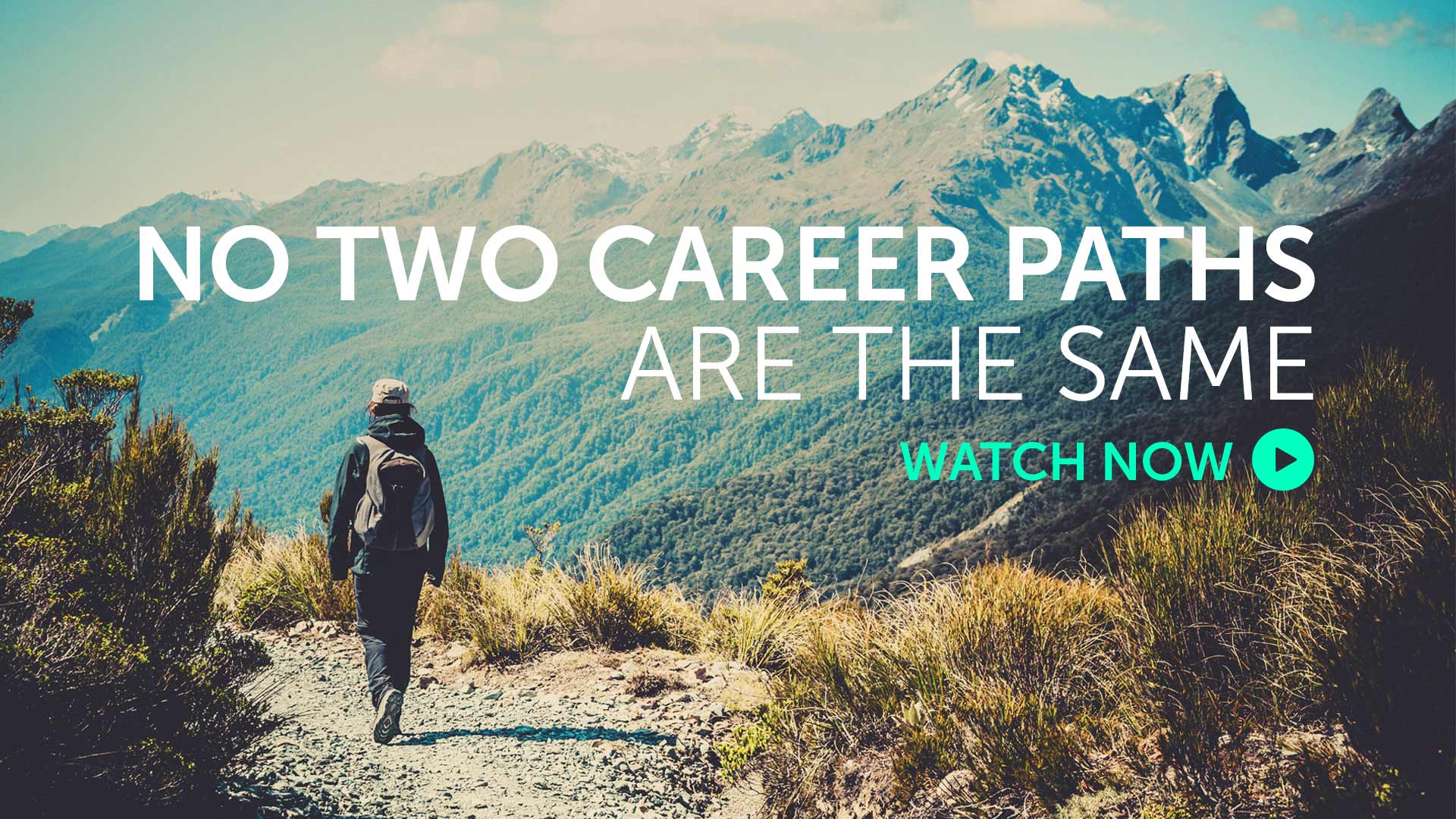There are a great many people who have worked their way up the hospitality ladder to success, but there are also many who find their career path takes them into hospitality through less conventional routes. A recent survey shows that the number one reason professionals would seek a new job in 2017 is that they need a more challenging position. When seeking this challenge, people can find unexpected opportunities.
The week our experts discuss their career paths and how they got involved in hospitality:
According to Korn Ferry, challenge is the overwhelming driver of change with 76% of people stating this as the top reason to seek a new job. There are several other elements that can also influence a professional seeking new employment. The other factors stated in the study are; the professional’s efforts not being recognised in their current job (9%), the professional not liking their company (9%), or their boss (4%), and compensation being too low (5%).
Making career leaps to follow opportunity can involve changing industries or even countries. One very attractive element of the hospitality industry is that it offers great opportunities for travel and working abroad. HSBC’s Expat Explorer Survey found that 43% of millennials who have moved aboard were motivated by finding a new challenge, and 49% of expat millennials say they find their work more fulfilling in their host country than it was at home.
If you’ve been sent to this page and you’re not yet on the circulation list to receive these regular briefings and you would like to sign up, you can do see here. It’s free.
Video clips produced by ybc.tv for the Hospitality Channel, including interview from industry conferences such as the IHIF conference as well as specific Hospitality Channel shoots.






